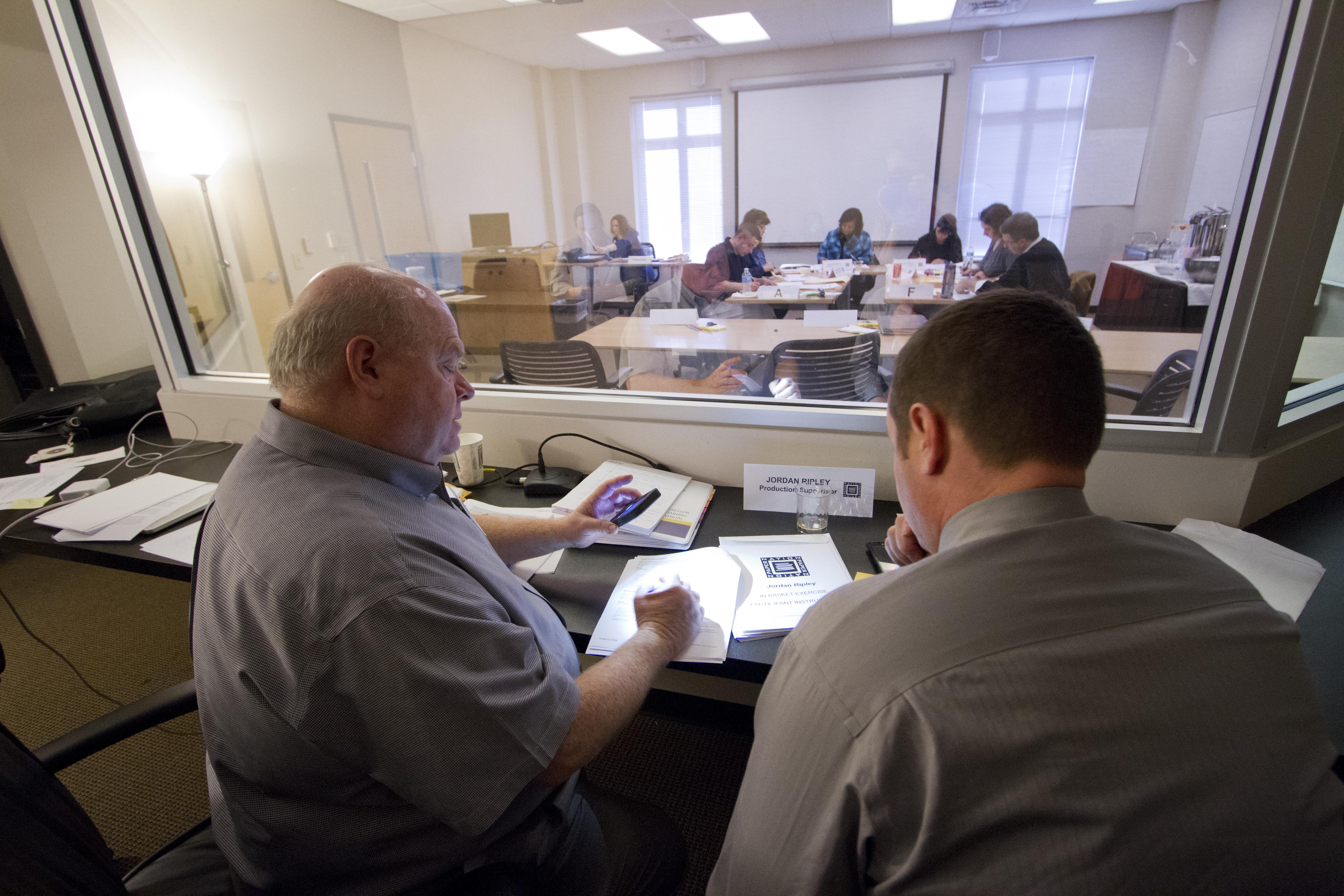new business models

____________________________________________________
The buzz around open online courses - often free and occasionally for credit - is fading. But as tuition prices and student debt soar, online learning continues to grow. One of the largest providers of massive open online courses, or MOOCs, is Harvard and MIT's edX. Some 2.5 million people have signed up for these classes, ranging from the Introduction to Computer Science to The Ancient Greek Hero.
So what do most students get for completing one of these courses? New knowledge and maybe a certificate of completion, but no credit. WGBH’s On Campus caught up with a student-researcher who predicts colleges and universities will soon offer some form of credit for MOOCs.
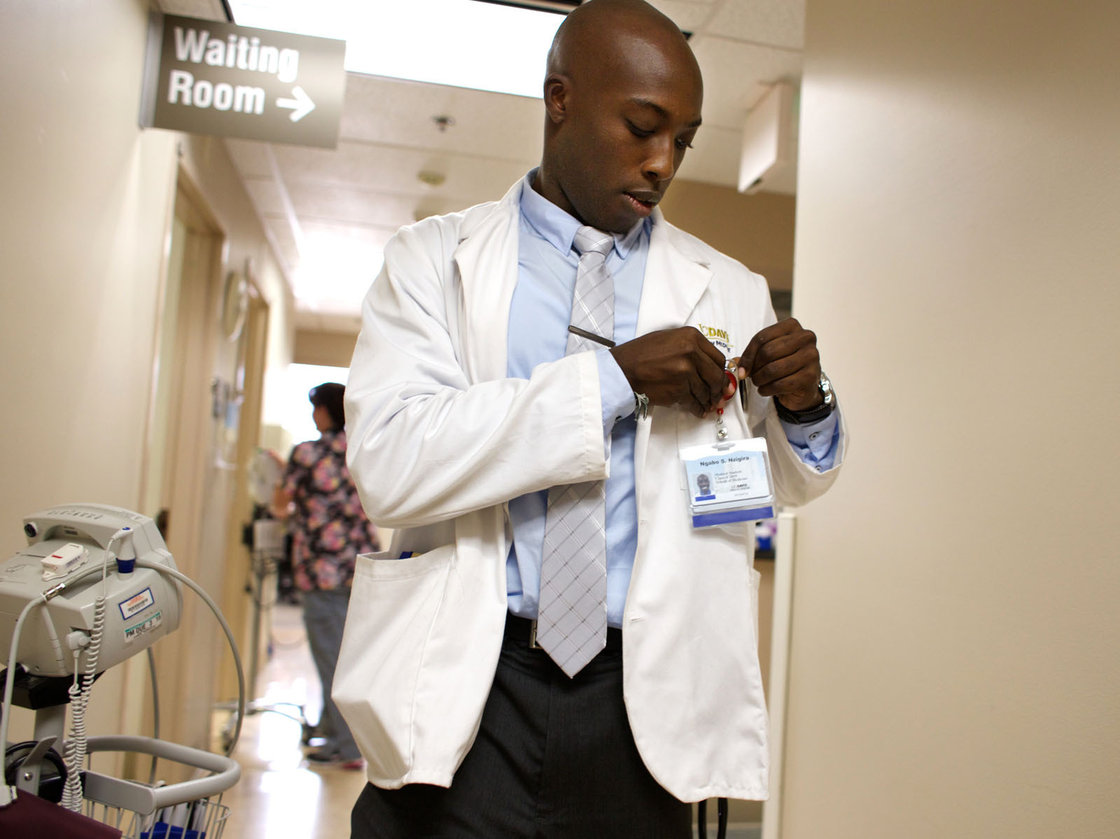
Some doctors in the state of California will soon be able to practice after three years of medical school instead of the traditional four. The American Medical Association is providing seed money for the effort in the form of a $1 million, five-year grant to the University of California at Davis.
Student Ngabo Nzigira is in his sixth week of medical school and he's already interacting with patients during training with a doctor at Kaiser Permanente in Sacramento.
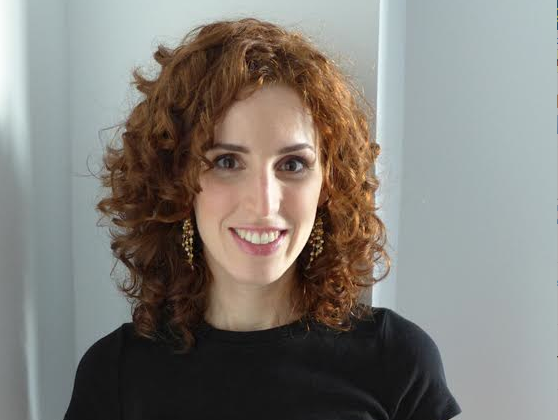
____________________________________________________
Summer is winding down, which means teachers across New England are preparing for the upcoming school year. But how prepared these new teachers are largely depends on how they've been taught to teach. Elizabeth Green, the author of Building a Better Teacher, has spent the past five years researching what makes a teacher effective, and whether those skills can be taught. Green recently sat down with WGBH's On Campus to discuss her new book.
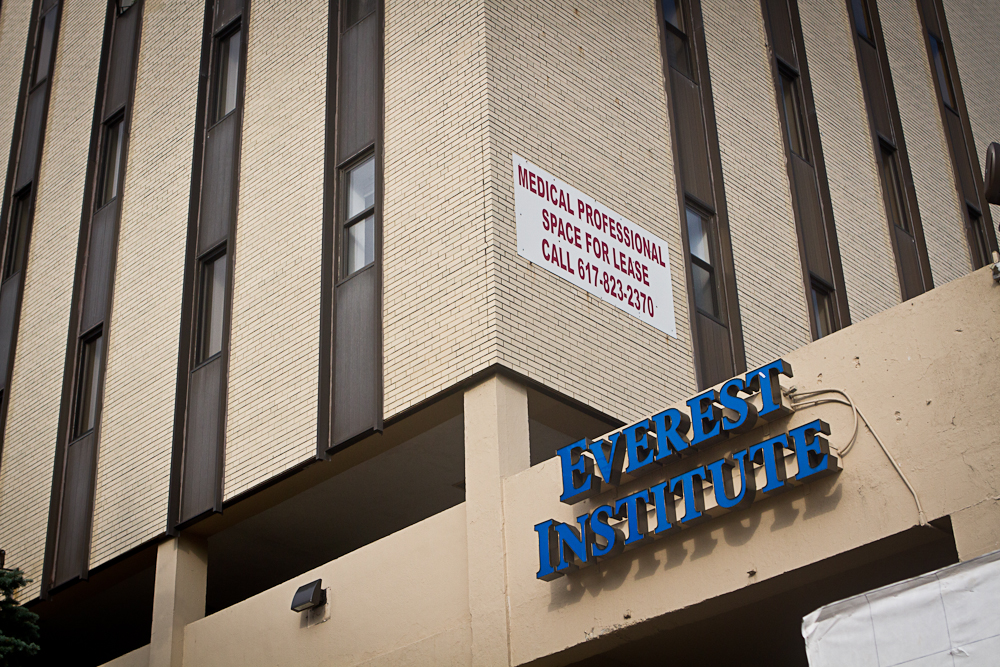
____________________________________________________
After a long reign as the fastest-growing and most problematic sector in higher education, for-profit colleges are on the ropes.
This week the U.S. Department of Education announced that it will review how federal student aid is administered at one of the country's largest for-profit colleges, the University of Phoenix. Owned by the publicly traded Apollo Group, the University of Phoenix enrolls over 200,000 students, rivaling the size of the nation's largest public university system.
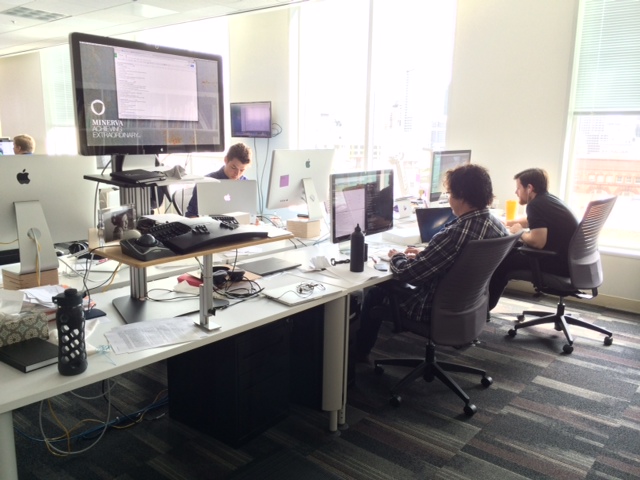
____________________________________________________
If you had the opportunity, would you attend a college that sends you around the world to live in world-class cities while taking all of your classes online? The Minerva Project is a university that is raising eyebrows with its non-traditional approach.
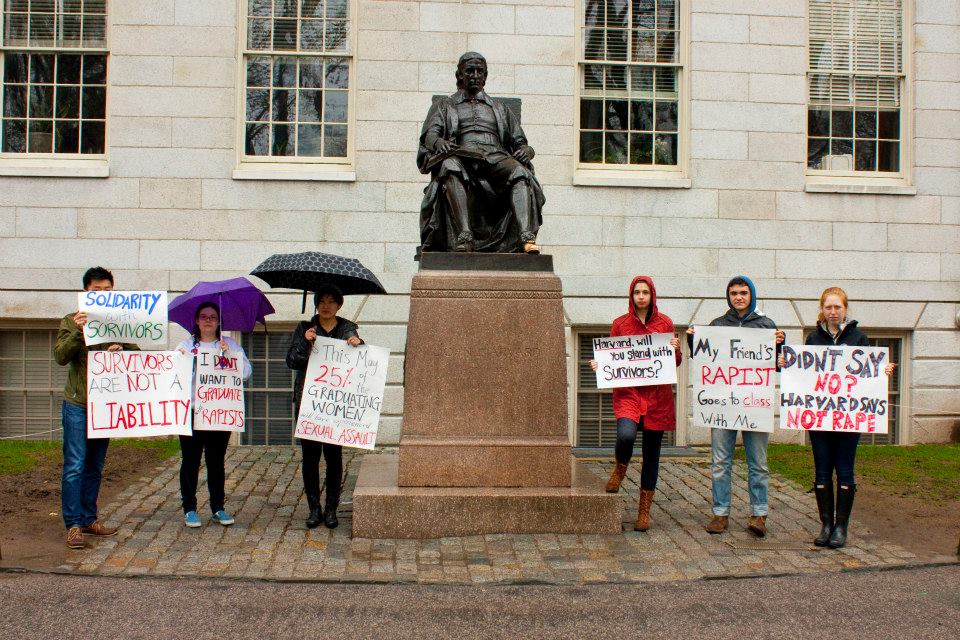
Harvard will implement its first university-wide sexual assault policy this fall. As part of the policy, a team of trained civil rights investigators, working out of a new centralized office, will review all sexual assault cases at each of the university's thirteen schools. Previously, academic administrators had been the ones to investigate those reports.
Across more than 40 states, teachers are aligning their curricula to the Common Core State Standards—K-12 education standards in Mathematics and English Language Arts. A state-led effort often believed to be a federal initiative (it's not), the Common Core has come under increasing scrutiny this past year. According to Stateline, 65 bills have been introduced across the country to delay or halt college- and career-readiness standards.
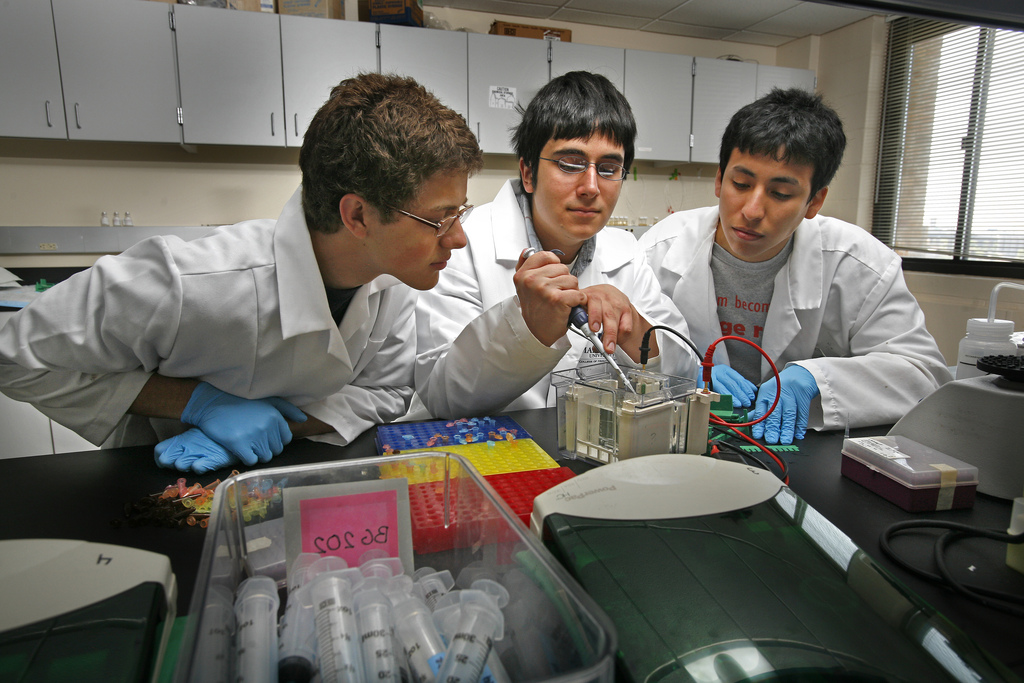
In today's tight job market, increasingly, the public often views college as a way to learn the skills necessary to find a fulfilling career, but many don't realize that research is close to the heart of those who work in higher education. In his recent essay, The Soul of the Research Institution, Nicholas Lemann, staff writer at the New Yorker, defends the value of university research.
In Nashville last month, WGBH's On Campus sat down with Lemann to talk about research and higher education.
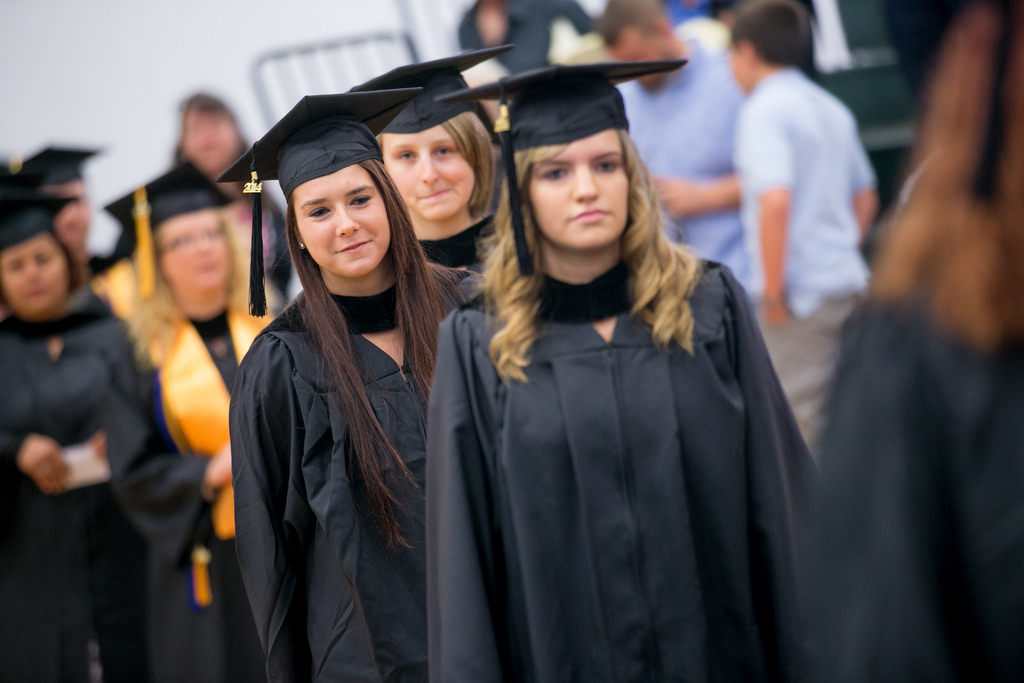
During this graduation season, many students are reflecting on their college experience and wondering what's next. A new poll from Gallup and Purdue University measures what about a college experience can lead to engaging careers and great jobs.
Gallup interviewed more than 30,000 college graduates from across the nation and WGBH's On Campus talked to Brandon Busteed of Gallup about the results.


